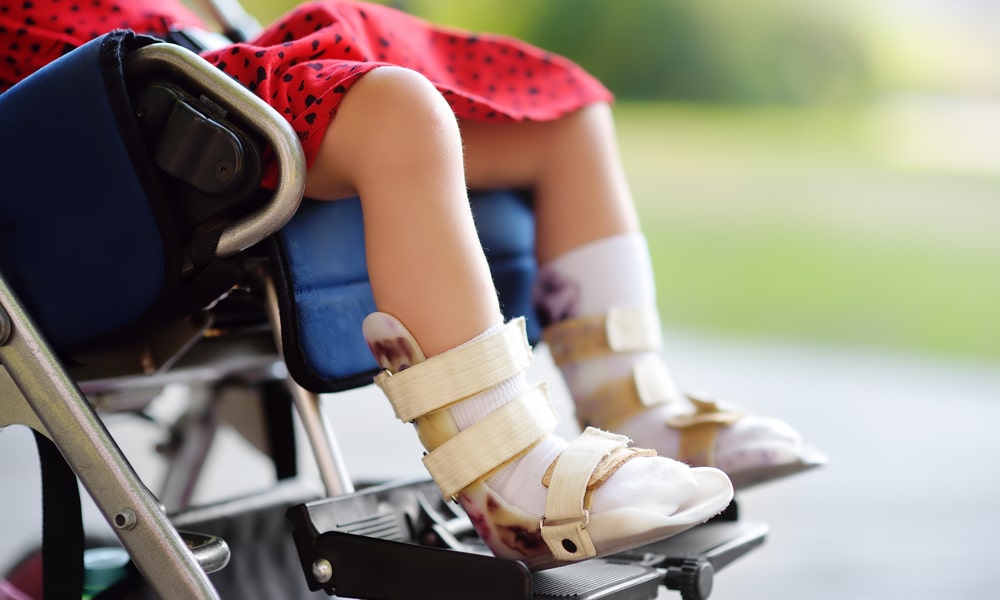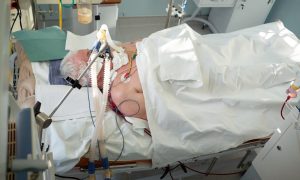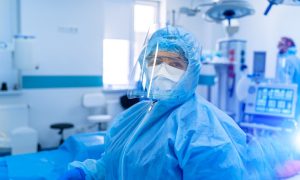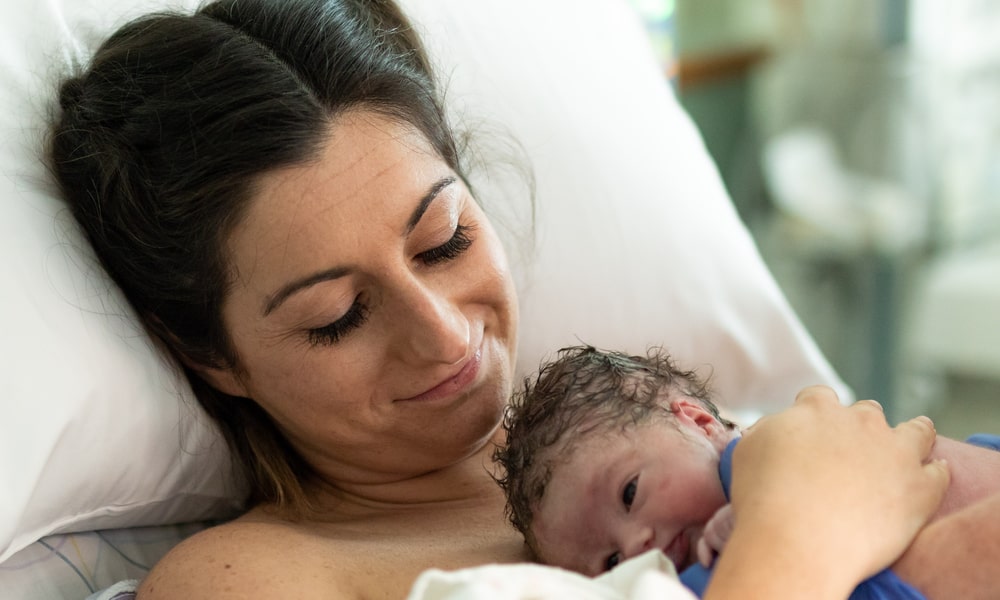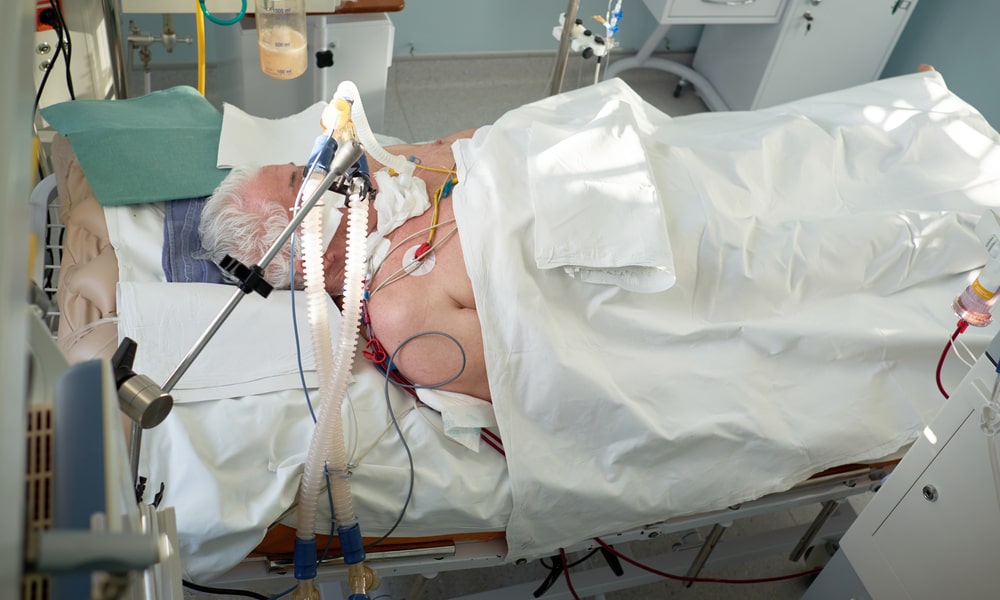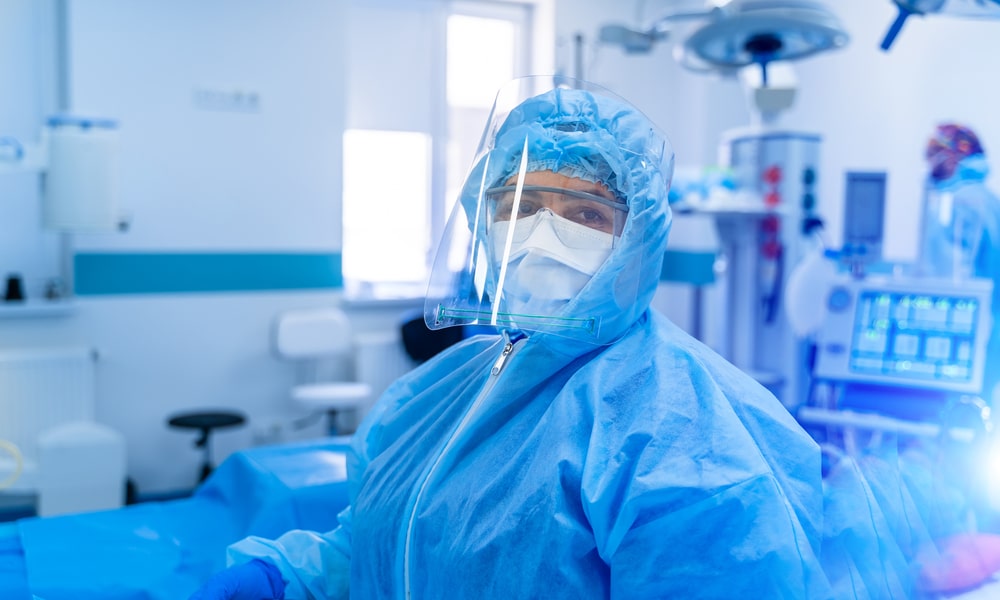What is Cerebral Palsy?
Cerebral palsy is a neurological disorder caused by abnormal brain development or damage to the developing brain. It results in varied symptoms, from severe mobility issues to mild coordination problems. Cerebral palsy often comes with related conditions such as intellectual disability and vision or hearing issues. Most cerebral palsy cases (85-90%) are congenital, meaning that they were caused by something during pregnancy or birth, with a small number thought to be due to lack of oxygen at birth.
Past Research on Stem Cells
While there is no cure for cerebral palsy, research into potential treatments is ongoing. A promising area is the use of umbilical cord stem cells, which can easily be collected at birth using non-invasive methods. Past studies have demonstrated that infusions of a patient’s own cord blood can enhance brain connectivity and motor functions. These autologous stem cells, being a perfect match to the child they’re collected from, avoid the risks associated with cell rejection during transplantation.
Are “non-self” stem cells an option?
Many children suffering from cerebral palsy do not have their own stem cells saved from birth, so a recent study aimed to investigate the safety of using “non-self” stem cells (allogenic stem cells). This would open up the use of stem cells to treat a much wider proportion of people affected by cerebral palsy.
A recent phase I clinical trial included 15 children with moderate-to-severe cerebral palsy. Each of these children received infusions from a sibling and were followed up for two years post-treatment. The researchers did not observe any negative effects linked to the cord blood infusions, suggesting that sibling samples or other matching stem cell samples are a potential treatment option.
Next steps
During this study, the researchers also noted some improvement in motor function in treated children. However, they could not conclusively attribute these improvements to the stem cells treatment because the trial was only looking to establish the safety of using umbilical stem cells from siblings.
Now that the safety of donor stem cells has been shown in this small clinical trial, future trails can now investigate the effectiveness of using donor stem cells to treat cerebral palsy.
References:
- Sun JM, et al. “Effect of Autologous Cord Blood Infusion on Motor Function and Brain Connectivity in Young Children with Cerebral Palsy.” Stem Cells Transl Med. 2017.
- Sun JM, et al. “Sibling Umbilical Cord Blood Infusion is Safe in Young Children with Cerebral Palsy.” Stem Cells Transl Med. 2021.

